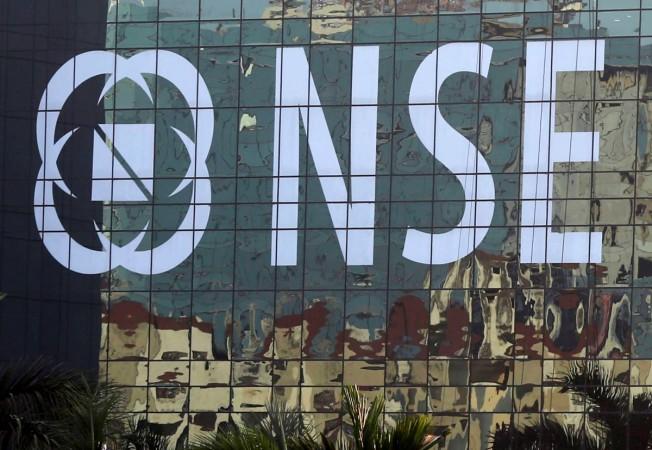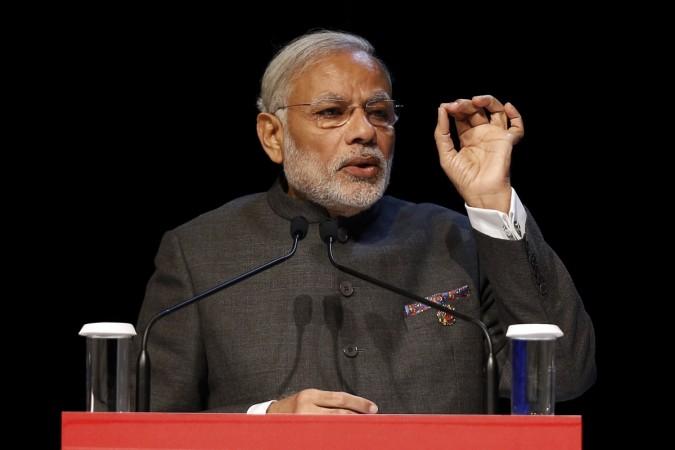
The Indian markets that catch a cold when the US sneezes did remarkably different on Wednesday. Equity markets have a soul of their own and it's mostly a realm of sentiments. So what sentiments are boosting the confidence of Indian share markets?
Indian equities rallied for the second day on Wednesday, close on the heels of tumultuous changes. While BSE Sensex rose 629 points or 1.79 percent, the Nifty gained 188.45 points or 1.79 percent. This came after the nearly 200 point gain in the Sensex on Tuesday when results of the elections to five state assemblies were announced.
Pundits expected markets to tumble on Tuesday, following the abrupt resignation of Reserve Bank of India Governor Urjit Patel on Monday. And markets did fall at the open, diving nearly 500 points.
The recoup and then the bounce back came after a clearer picture of the assembly results emerged. There were great fears earlier that if the Bharatiya Janata Party suffered extensive losses in the 'semi final' to the Lok Sabha election 2019, the markets would bleed.
This didn't happen. On top of it, Wednesday's rally has been more than surprising. So, what does the mart reaction actually mean?

It's been argued that the BJP's losses had been factored in earlier, and had reflected in Monday's trading. Markets had tumbled on Monday after the exit polls showed last weekend the Congress was heading for a win in Rajasthan and there was a tight race in Madhya Pradesh and Chhattisgarh.
In the event, BJP lost all three states. While Chhattisgarh was a landslide, a strong anti-incumbency wave uprooted the party's citadels in the major heartland states of Madhya Pradesh and Rajasthan.
Yet, the markets reacted with a 600-point rise in Sensex. It's the same market that has tumbled violently at the drop of a hat in western and broader Asian markets, in the last two months.
As in all matters, the money trail is the best sign of where things are headed. It appears like markets don't fret about Narendra Modi losing badly in 2019. The markets don't think Tuesday's election results are a precursor to similar verdict in 2019 Lok Sabha elections.
It seems the markets have priced in Modi's retune in 2019. The Congress win in three states -- by razor-thin margins in two of them - doesn't seem to be potent enough to force a change of government at the centre in 2019.
Here's how major brokerages have assessed the market reaction to the assembly elections:
CLSA says that the conclusion drawn by market participants from Tuesday's results is that Modi will retune in 2019. It says that probably the only thing that can still upset Modi's apple cart is a joining of forces by the Samajwadi Party (SP) and the Bahujan Samaj Party (BSP) in Uttar Pradesh.
HSBC analysts have pointed out that even if the three states voted in the same way in 2019, that would account for only 15 percent of Lok Sabha seats. According to UBS, the return of the BJP government in 2019 has been priced in.

















